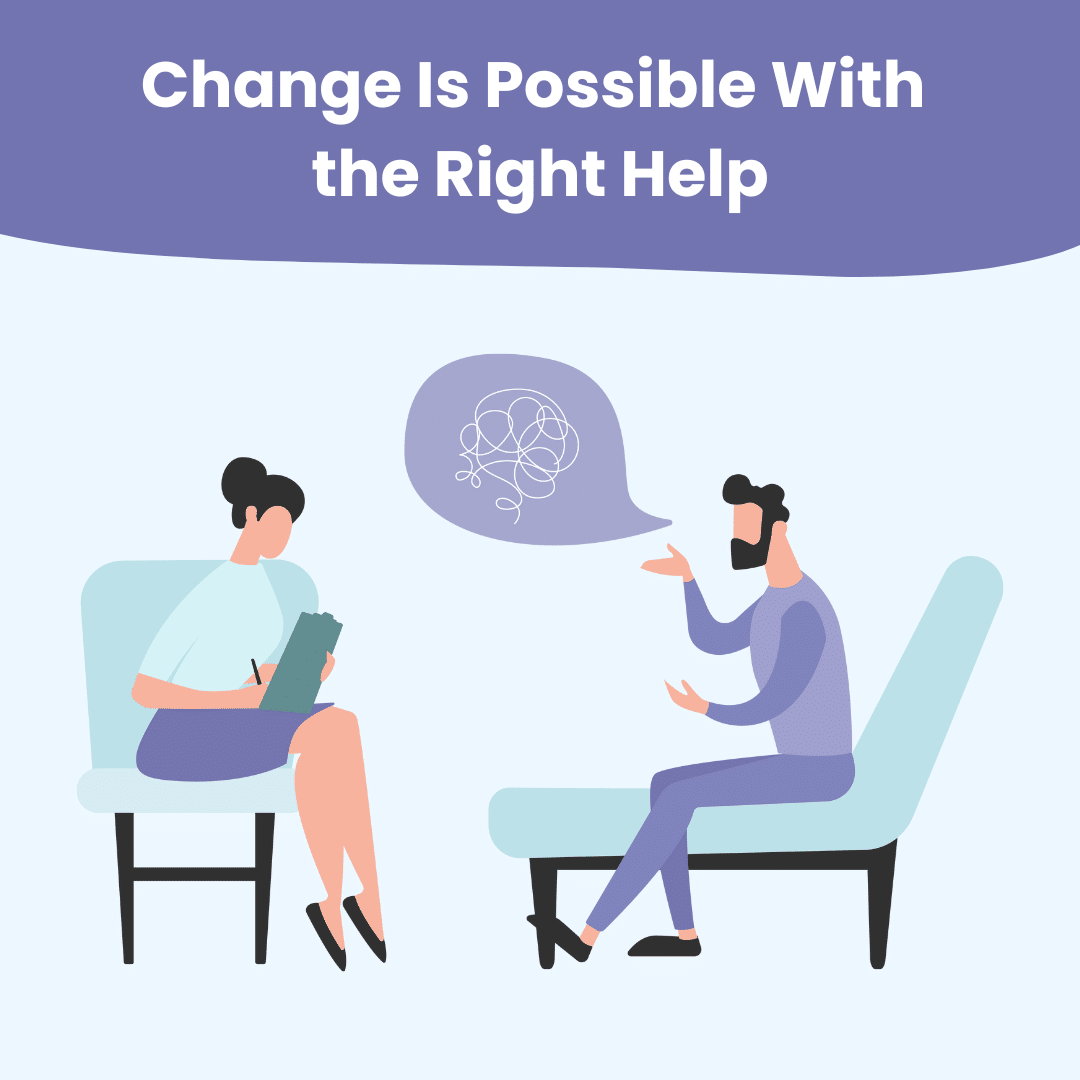
According to recent community surveys, around 20% of Malaysians in primary care complain of depression and anxiety symptoms.
A person’s mental fitness (ie how well they handle problems) could determine how they think, act, and feel.
A mental disorder may be present when a person experiences negative or unhelpful thought patterns that may eventually lead to harmful behaviours.
However, not everyone who suffers from emotional distress may have a disorder.
Psychological distress could affect various aspects of life, such as:
- Interactions in social settings
- Performance at work or school
- Learning capabilities expected for one’s age
- Interpersonal relationships
- Self-image and worth
Factors such as cultural and family expectations may also contribute to developing a mental health condition such as social anxiety or depression.
Read about the different types of mental health services in Malaysia that can help you overcome long-term conditions and issues in daily life.
Mental Health Services in Malaysia
Getting professional help can be challenging if you are confused about what problem you are facing and which professional to approach.
For example, if you struggle to control your anger, it may affect your peace of mind and your romantic relationship. Should you then seek individual counselling or couples counselling?
As for the above example, you can initially consult a Malaysian counsellor to understand and control your anger.
If you cannot control anger only in your relationship, a couples counsellor can help you better.
If you are confused about the type of service, you can reach out to us or browse through all TYHO Therapist profiles to find out what the professional can help with.
We have pulled together basic information in this section about the different types of services you can seek in Malaysia.
Individual Counselling

Individual counselling, or psychotherapy, is a process through which you may engage in a structured conversation to assess, explore, understand, and maintain your mental health.
Your Therapist will provide you with a safe and non-judgmental environment, where they will also avoid clouding or influencing your thoughts.
You may be encouraged to share extensive details about your thoughts, feelings, beliefs, and habits during this time.
You may work through negative or challenging memories, set personal goals, and cope with issues such as:
- Low self-esteem
- Social anxiety
- Depression or mood swings
- Relationship issues
- Lack of self-awareness
- Lack of clarity in life
- ADHD
- Poor self-image
- Addictions
Couples and Marriage Counselling

Couples and marriage counselling are services that help you improve your relationship with your partner, solve issues that may be contributing to distress, and better understand each other to prevent future conflicts.
During sessions, you and your partner may learn several essential skills, such as:
- Decision making
- Communication skills
- Interaction skills (eg body language, active listening)
- Problem-solving
- Conflict resolution
- Critical and objective thinking
These skills can help you view your problem from a fresh perspective and manage your emotions during any arguments.
Your couples counsellor will avoid taking sides and view your relationship or marriage as the ‘client’. Both of you, along with the professional, will work together to address the ‘client’.
During couples and marriage counselling, you can solve issues such as:
- Financial disagreements
- Lack of mutual trust or loyalty in a relationship
- Communication issues
- Infidelity
- Differences in opinions or beliefs
- Inferiority complex
- Frequent arguments
- Hurting or blaming each other
Family Counselling

Family counselling, or family therapy, is a type of mental health service in Malaysia that can help you improve relationships and affection with your family members and meet your unique emotional needs in the family.
You can expect to solve issues from various life factors, such as emotional, psychological, developmental, spiritual etc.
Every family member is unique and may have different personalities. However, a person’s thought process and behaviours may affect everyone else in the family.
Hence, it becomes important to understand each other and change how we interact to ensure everyone feels valued and loved.
You can attend family therapy sessions with all family members, with parents, or individually. Your Therapist may advise you on the structure and duration of therapy you may need to overcome any issues.
Problems you can overcome through family counselling include:
- Communication issues
- Lack of honesty
- Relationship conflicts, such as between siblings or parents
- Dealing with grief or separation
Child Counselling

Children often find it hard to articulate their emotions and thoughts. Since they may either repress their feelings or express them in ways adults may not understand (eg by drawing or throwing a ‘tantrum’), it becomes important for children to seek professional help if they are struggling.
A child psychologist may use age-appropriate approaches such as art therapy or play therapy to help children understand and express their feelings.
While talking to a child about emotional distress, it is important to not trigger them further and avoid conversations that may make them feel more uncomfortable.
This is where Therapists can help. Through tools such as motivational interviewing, a professional can understand and solve issues such as:
- Negative thought patterns
- Low self-esteem
- Negative emotions developed due to bullying or discrimination
- Loneliness
- Minimal or no social skills
- Attention and concentration
- Mood swings and impulsiveness
Contact TYHO Therapists in Malaysia if you or your loved ones need help. Early prevention and intervention could reduce the impact of trauma or distress in the long run!
Related Articles
Latest Articles
Recent Posts
- A Therapist’s Guide to Setting Boundaries with Parents
- Anger Management in Singapore: Top 6 Benefits
- Individual vs Group Counselling in Singapore: What’s Right for You?
- Thinking of Switching Your Therapist in Singapore? Read This First
- How Counselling in Singapore Can Help You Overcome Dating Anxiety



